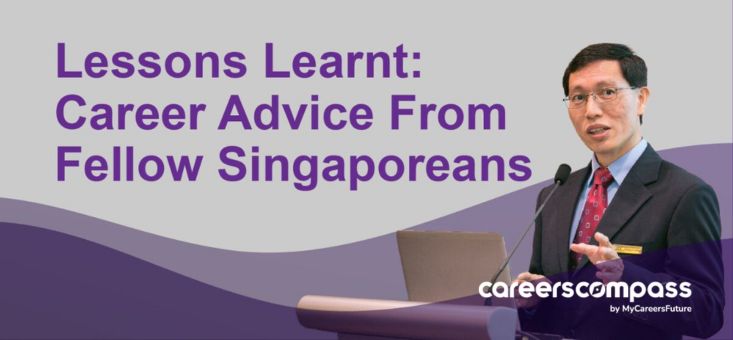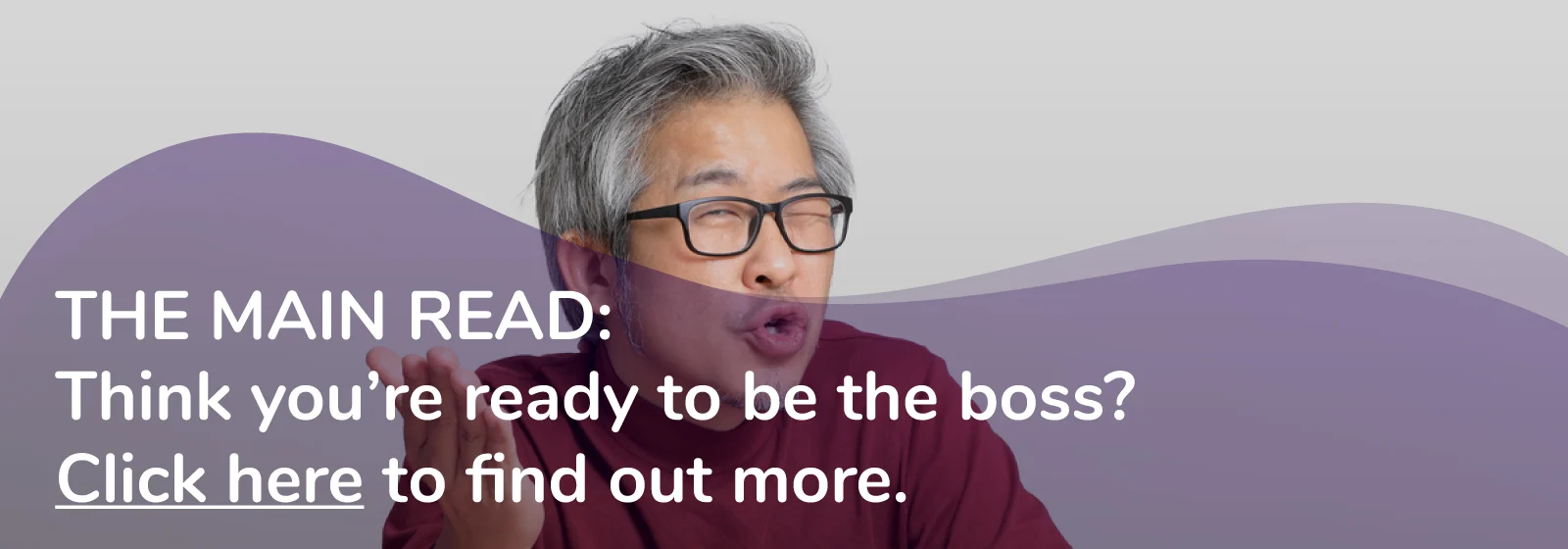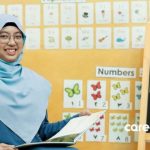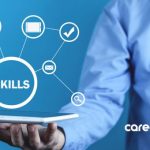As the adage goes: “Give a man a fish, and he eats for a day. Teach a man to fish, and he eats for a lifetime.” Khoong Chan Meng, the chief executive officer for the Institute of Systems Science at the National University of Singapore (NUS-ISS), is now in the business of exactly this.
Over the course of a storied career journey, his ethos of lifelong learning and upskilling has served him well in ensuring he remains competitive in the tech industry, allowing him to seize career opportunities when they arose.
Chan Meng shared some of his experiences, from over 25 years in the information and communication industry (ICT), and why we should all take charge of our own career learning journeys.
What was your first job, and how did it lead to the job you do today?
I had resumed my national service after completing my undergraduate studies in the late 1980s and was offered the opportunity to serve in computer-aided instruction (CAI) centre in a Singapore Armed Forces training school.
After developing some courseware for military training, I experimented with the use of artificial intelligence (AI) in learner modelling for CAI, which led me to continue deepening my exposure to AI during my stint at the Information Technology Institute.
While exploring the use of AI in business operations optimisation, I learnt the importance of designing good algorithms, which led me to focus on business process reengineering (BPR), and I established the first BPR competency centre in the public sector.
I also took on strategic planning work at the National Computer Board, helping to develop national ICT master plans.
These varied experiences were invaluable to prepare me for industry roles and leadership responsibilities that followed in Singapore Computer Systems (a local IT service management company), Atos Origin (a French multinational information technology service and consulting company), EDS Corporation (an American multinational information technology equipment and services company), the Qatar Supreme Council of ICT, RGE (a multi-national group of companies in the natural resources-based manufacturing industry), and now NUS-ISS.
In a sense, life has come full circle — learning journeys motivated the start of my career, and here I am dealing with learning journeys again, more than 30 years later.
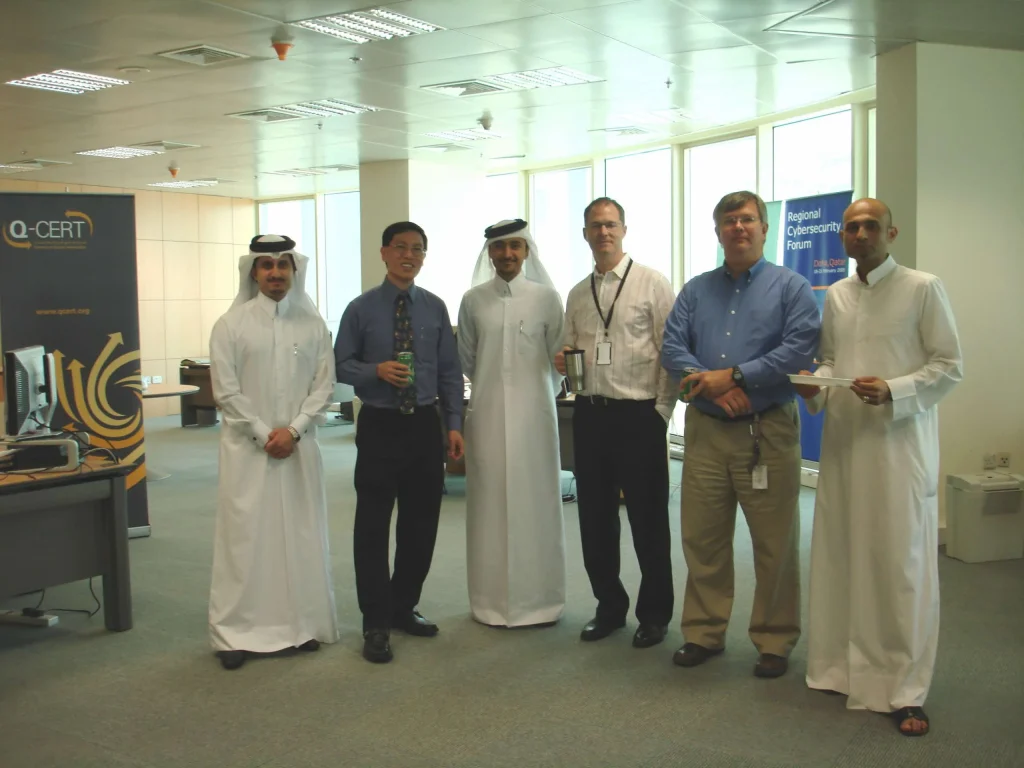
In your own career, how have you looked to continue your own education, as well as improve your digital skill set and experiences?
I am a firm believer in the ‘Always Learning, Always Leading’ slogan of NUS-ISS. By learning continuously, we will always be ready to take the lead in our work responsibilities, and even in our daily lives.
Later in my career, I took on a Master’s degree to hone my thinking skills and continued to take short courses from time to time on a broad range of topics.
It’s important for me to embrace opportunities to be involved in consulting and teaching. Through these activities, I challenge myself to learn and be prepared to be of value to my customers and students.
I try to learn from every moment of interaction with anybody I meet, reflect on those little nuggets of insights, and identify patterns with which I can grow and extend my knowledge and experience.
Every day, I consciously ask myself whether I have learnt something new and useful, and I give myself a pat on the back if I did!
Read More: Don’t Fight Digitalisation: Here’s How to Remain Attractive to Employers
If you could go back in time to speak to yourself after having freshly graduated, what career advice and wisdom would you give yourself?
When I was in secondary school in the late 1970s, I was very curious about computers and what they could possibly do.
But I didn’t have the opportunities to learn more. I finally got a chance to have computing as a subject in junior college, and from then on, I made the resolution to be a digital professional.
Looking back, I have absolutely no regrets. As a personal resolution, I took the approach of constantly thinking about the future and the changes that it may bring, constantly reminding myself to embrace new challenges and uncharted territories to expand my horizons.
With that mindset, I am glad that I have gained multi-national and multi-cultural experiences working in the public, private and education sectors, in both the buy and sell side of digital, in a variety of business models and a variety of job roles.
All of these contrasting exposures have helped to shape my thinking skills to be able to analyse and solve problems in holistic and novel ways.
For instance, I started my stint in Qatar with no prior exposure to anything in the Middle East! By the time I left Qatar, I am proud that I have contributed to several firsts for the country — including the first Qatari digital solutions spinoff from the government, the first Qatari satellite communications business, and the first assistive technology centre in the Gulf region.


